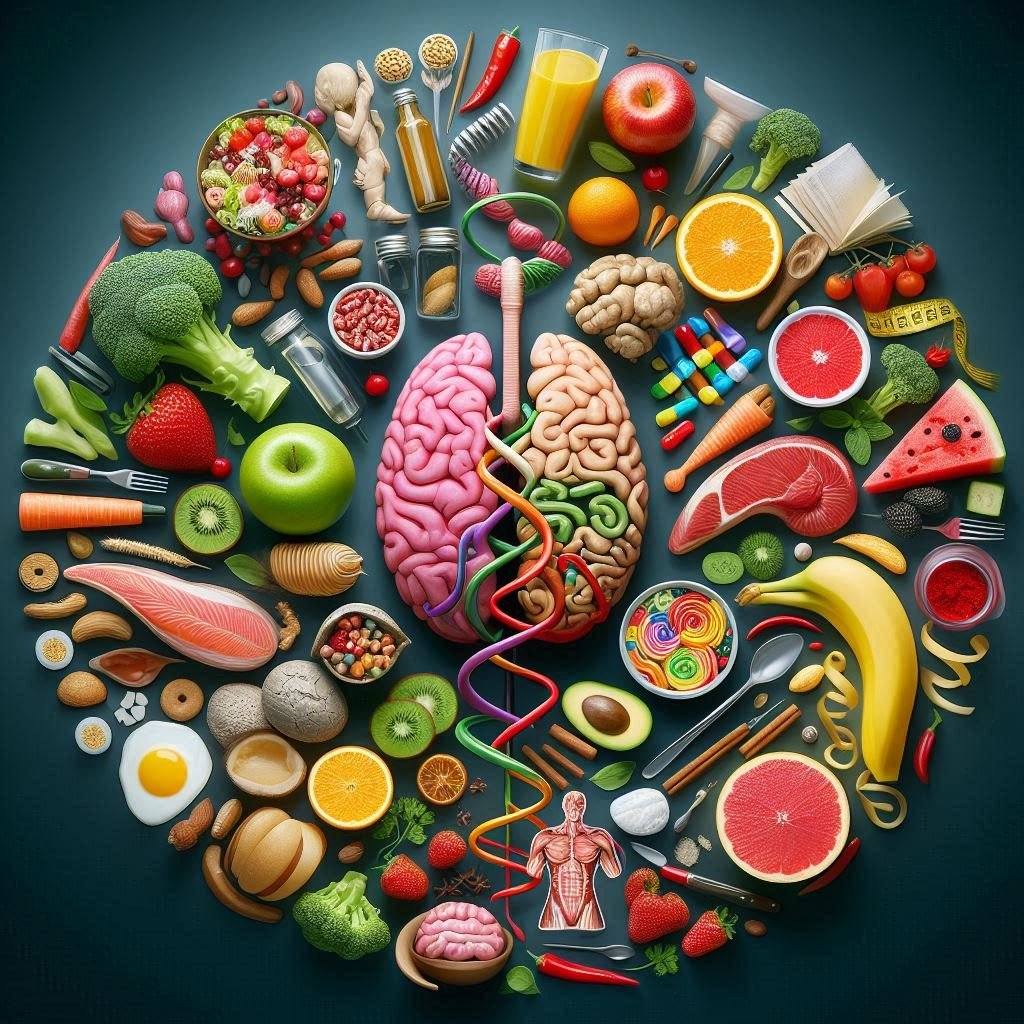Unraveling the Effects of Food on Body Function
Dietary choices play a critical role in influencing bodily functions, ranging from metabolism to immune response and energy levels. The human body relies on a variety of nutrients obtained through food to carry out essential physiological processes. Macronutrients—including carbohydrates, proteins, and fats—serve as the backbone of our dietary intake, providing the necessary energy and building blocks for growth, repair, and maintenance of bodily tissues.
Carbohydrates are often the primary source of energy for the body, fueling physical activities and supporting brain function. When consumed, carbohydrates are broken down into glucose, which is utilized by cells for energy. On the other hand, proteins are vital for tissue repair and muscle synthesis, while fats provide a dense source of energy and play a crucial role in hormone production and cellular function. Thus, a balanced intake of macronutrients is essential for maintaining energy levels and ensuring optimal metabolic functions.
Micronutrients, encompassing vitamins and minerals, are equally important, albeit required in smaller quantities. These nutrients support various bodily functions, including the immune system, bone health, and the synthesis of hormones. For instance, vitamin C is known for its role in enhancing immune response, whereas calcium and vitamin D are instrumental in maintaining bone density.
An important distinction in the context of dietary choices is the difference between whole foods and processed foods. Whole foods are minimally altered and retain their natural nutrients, while processed foods often contain added sugars, unhealthy fats, and preservatives that can adversely affect health. Numerous studies have shown that diets high in whole foods not only support bodily functions but also contribute to the prevention of chronic diseases. Engaging in mindful eating, which emphasizes the quality of food consumed, can significantly influence health outcomes and promote physical wellness.
Strategies for Improving Nutritional Choices for Better Health
Making healthier dietary choices is fundamental to enhancing overall physical wellness. One effective strategy is meal planning, which involves preparing a weekly menu that includes a variety of foods. This practice not only simplifies grocery shopping but also ensures that individuals consume a diverse range of nutrients, helping to maintain a balanced diet. Allocating time each week to plan meals can alleviate the stress of last-minute cooking and encourage healthier options, reducing reliance on convenience foods that often contain excessive sugars and unhealthy fats.
Another crucial aspect of making informed dietary choices is understanding how to read food labels. Food labels provide valuable information about the ingredients and nutritional content of products. By familiarizing themselves with terms used on labels, individuals can better assess the healthiness of their purchases. Key components to look for include total calories, serving sizes, and essential nutrients such as fiber and protein. Understanding these aspects can lead to smarter choices that align more closely with personal health goals.
Portion control also plays a significant role in nutritional choices. Many individuals underestimate serving sizes, which can lead to overeating. Utilizing tools such as measuring cups or even visual cues, like using smaller plates, can aid in developing better portion awareness. Additionally, preparing meals at home rather than opting for dining out can lead to healthier eating habits. Home-cooked meals allow for better control over ingredients and portion sizes, fostering an environment where healthier choices become the norm.
While time constraints and budget considerations can be barriers to healthy eating, they are not insurmountable. Simple strategies such as batch cooking and using seasonal produce can save time and money while promoting nutritional wellness. By implementing these practical tips, individuals can overcome dietary challenges and foster healthier eating habits, ultimately enhancing their quality of life.



